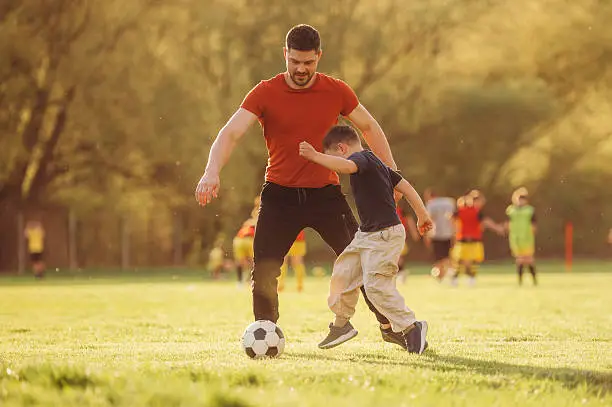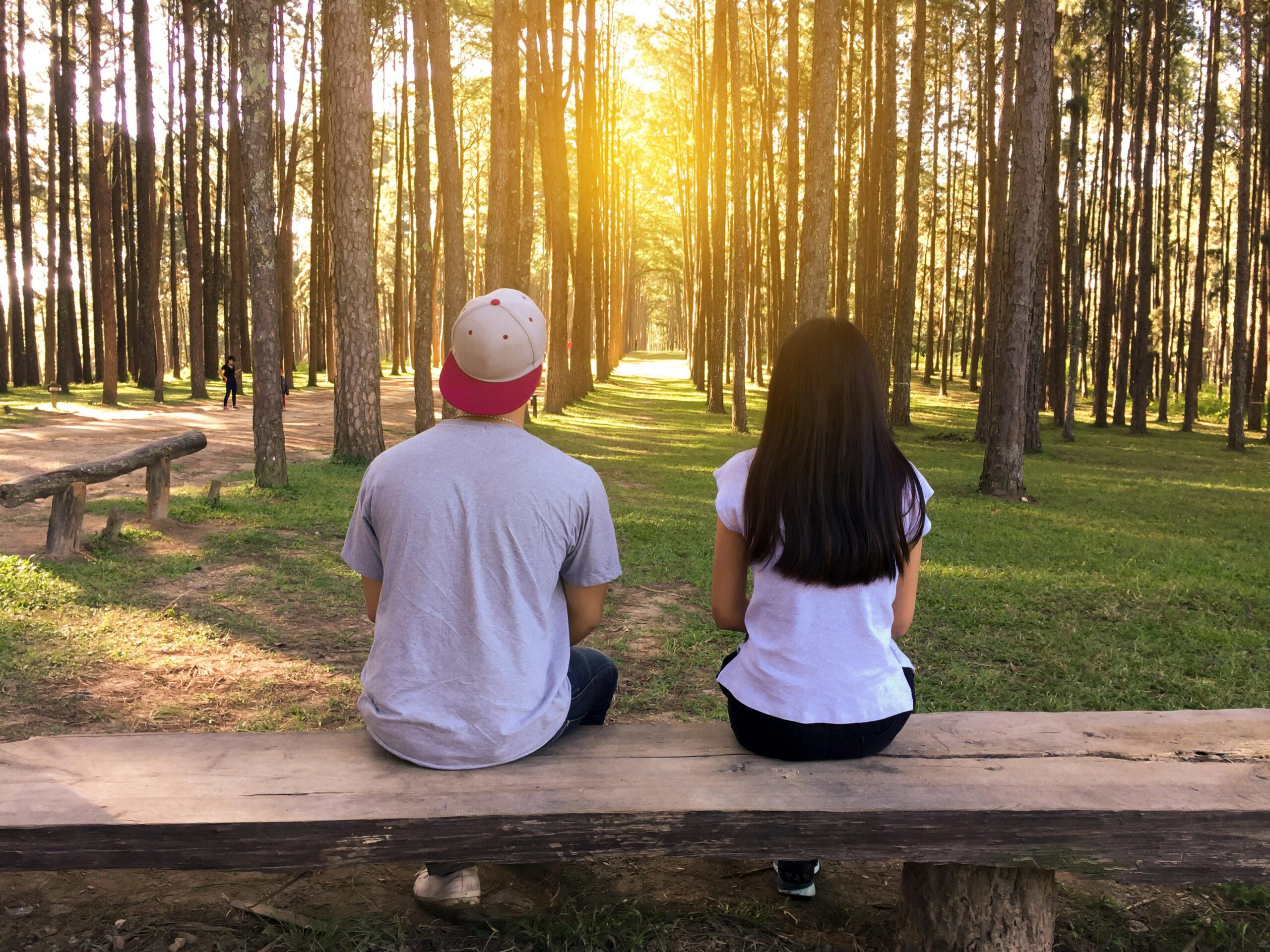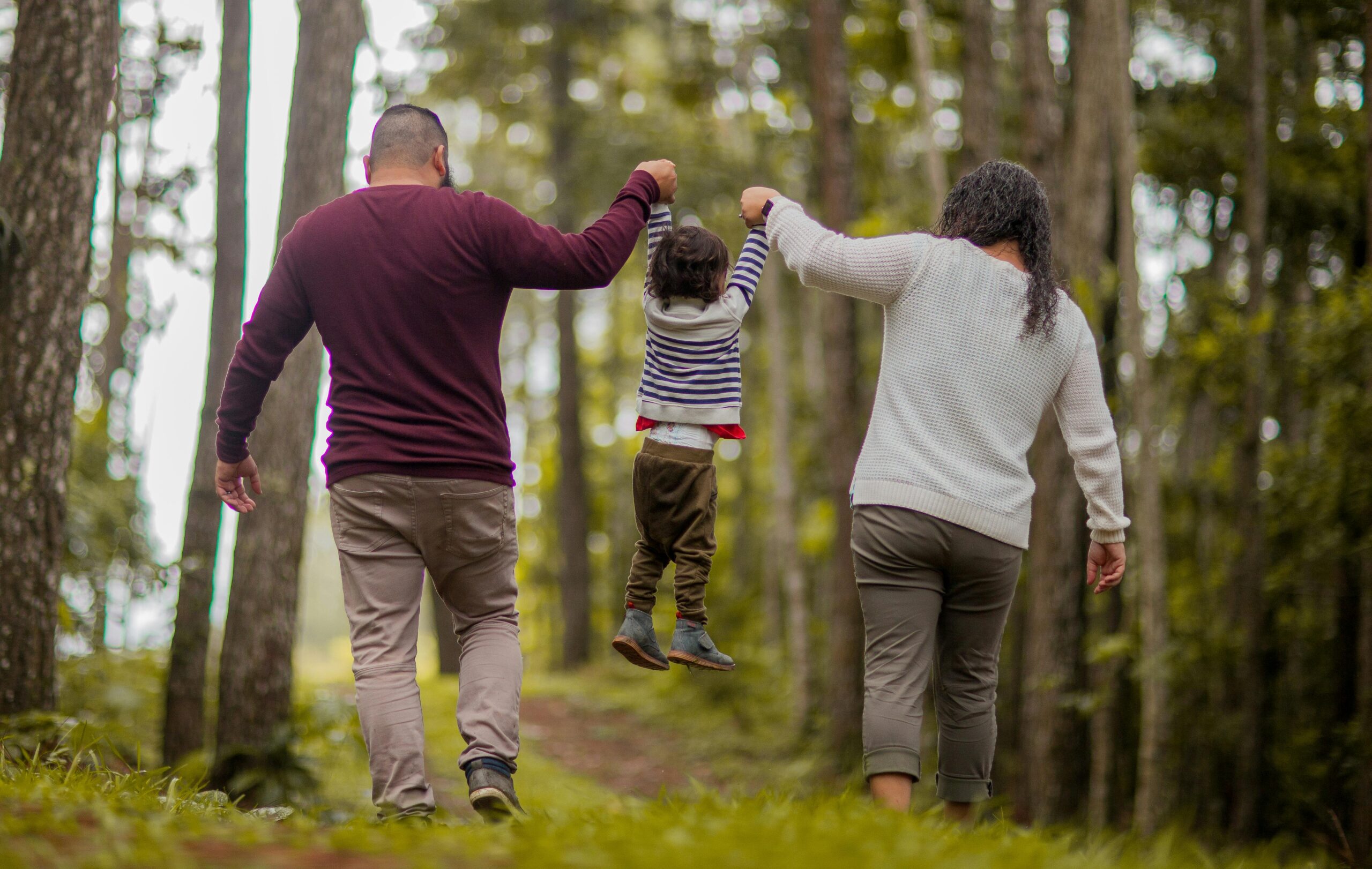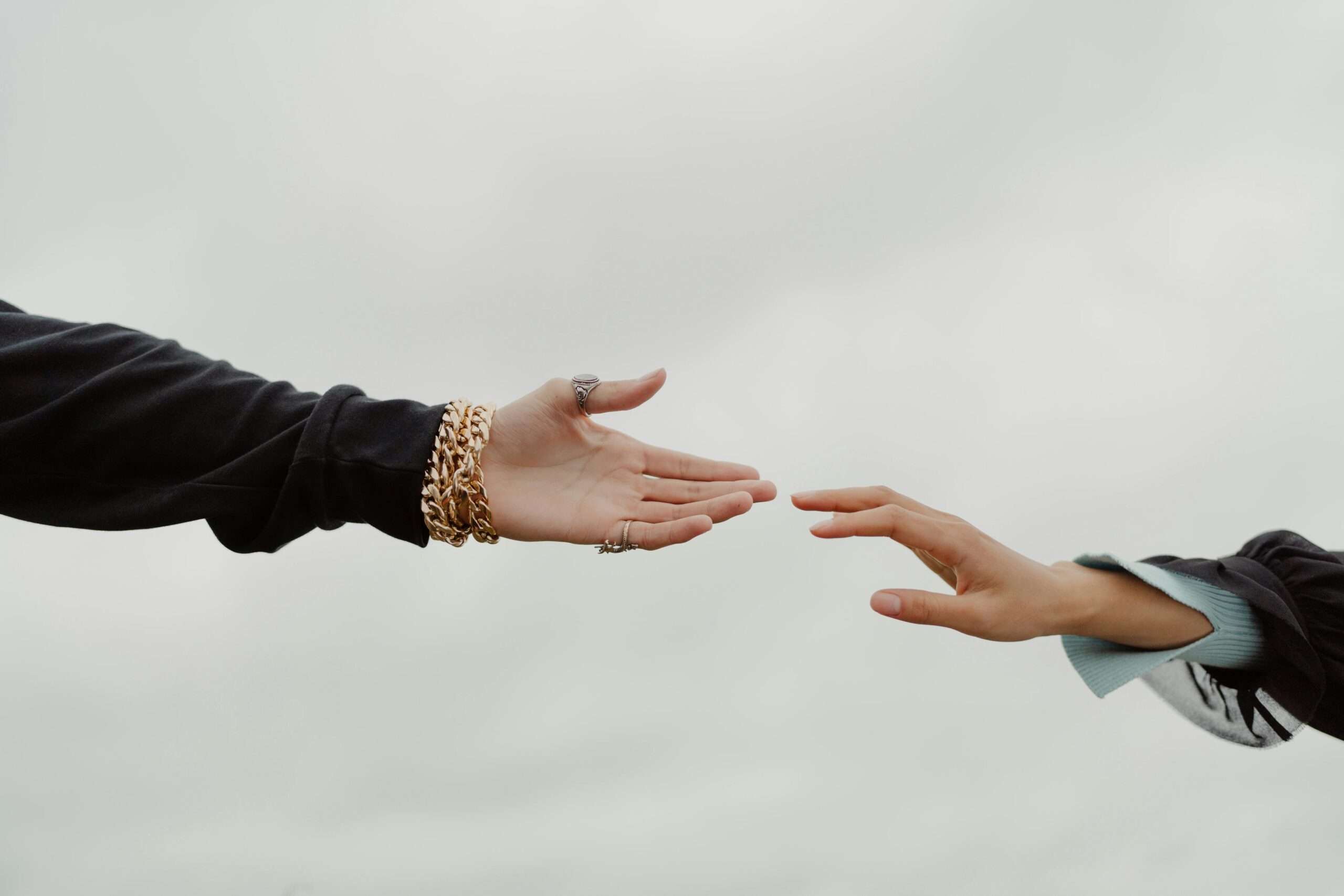A Father’s Journey of Redemption and Reconnection
Family healing after gambling begins not with apologies, but with truth. When gambling addiction takes hold, it doesn’t just drain savings—it drains relationships, communication, and trust. For Daniel and his young son Noah, that truth would take years to face, and even longer to heal. This is their story of breaking the silence, rebuilding the connection, and finding hope again after gambling nearly tore their family apart.
Please know that some links on High Stakes Healing are affiliate links. This means we may earn a commission if you make a purchase, at no added cost to you. These small contributions allow us to provide articles, tools, and support to those in recovery, while recommending only the resources we genuinely value.
The Breaking Point
Daniel, a 42-year-old electrician from Melbourne, once believed he could manage his gambling. It started harmlessly—sports betting with friends, a few online wagers during breaks. But small bets soon grew into a secret habit. When financial pressure built, so did the lies—missed rent payments—unexplained withdrawals. The tension seeped into every corner of his home, even the quiet moments with his son, Noah.
“I used to tell myself I was still a good dad,” Daniel recalls. “But deep down, I knew I was disappearing from my son’s life.”
When Noah’s eighth birthday came around, Daniel promised him a new bike. But instead of keeping that promise, the money went into another desperate attempt to win back his losses. That night, as he watched his son’s forced smile during dinner, guilt crashed down like a wave. It was the night he realized that family healing after gambling wouldn’t begin until he faced the truth.
Facing the Fallout
The next morning, Daniel sat down with his sister, who had long suspected something was wrong. Saying the words “I have a gambling problem” felt like confessing a crime. But she didn’t yell. Instead, she listened. Then she helped him make the hardest call—to his ex-partner, Noah’s mother.
“I told her everything,” Daniel says. “The debts, the losses, the lies. I thought she’d never let me see Noah again.” But instead of cutting him off completely, she set boundaries: therapy, accountability, and proof that he was serious about recovery.
That moment marked the beginning of true family healing after gambling. It wasn’t about forgiveness yet—it was about showing up, consistently and honestly, no matter how uncomfortable it felt.
The Slow Work of Rebuilding
In the first few months of recovery, Daniel joined a local support group for gambling addiction. He began attending weekly sessions, learned about relapse prevention, and started writing letters to Noah—letters he didn’t send, but needed to write. “They were letters about the dad I wanted to be again,” he says. “Honest. Present. Proud.”
Family healing after gambling, he learned, wasn’t only about apologizing. It was about relearning what presence meant. When he was finally allowed supervised visits, he focused less on gifts and more on small, consistent acts—helping with homework, cooking together, sitting through silence without distraction.
At first, Noah barely spoke. But slowly, he began to open up. One day, while building a model airplane together, Noah asked, “Dad, are you still sad?” That question broke Daniel’s heart. “I told him I was healing,” he says. “That I missed him every day I was lost. And that I was trying to be better.”
Feeling overwhelmed? Mindfulness can steady you.
Find calm during urges, stress, or emotional heaviness with this collection from Mindfulness Content:
Rebuilding Trust Through Routine
Family healing after gambling thrives on structure. Daniel started new routines—not just for himself, but for Noah. They established Friday pizza nights and Saturday park walks. He kept every promise, no matter how small, because each one mattered. Every “yes” he followed through on became another brick in the foundation of trust.
Meanwhile, Daniel continued counseling and began journaling as part of his recovery plan. His therapist encouraged him to express gratitude, even on hard days. “Writing helped me see the progress I couldn’t feel yet,” he explains. “It showed me that family healing after gambling isn’t instant—it’s a daily choice to stay accountable.”
The Role of Honesty and Apology
Months later, Daniel and his ex-partner sat together for the first time in years to discuss shared parenting again. It wasn’t easy—resentment still lingered—but the tone was different. He no longer made excuses. He simply said, “I was wrong.” That humility opened the door to a more respectful co-parenting relationship, one that would ultimately help Noah feel safe again.
“The best thing I did for my son wasn’t to pay off my debts,” Daniel reflects. “It was to stop pretending. Honesty gave us a chance to rebuild.”
For Daniel, family healing after gambling meant learning that love isn’t proven by grand gestures—it’s proven by steady presence. Showing up sober. Admitting mistakes. Listening more than speaking.
Two Years Later
Today, Daniel is two years into recovery. He’s paid off most of his gambling debts, and more importantly, he’s rebuilt a relationship with Noah grounded in trust and openness. They still have their Friday pizza nights, but now they also share a new ritual: early morning bike rides—the same gift Daniel once failed to deliver.
“When we ride together, I remember the man I used to be,” Daniel says. “But I also remember who I am now. Family healing after gambling isn’t just about making up for the past—it’s about building a future that’s honest, grounded, and connected.”
Family healing after gambling takes time, patience, and honesty. For Daniel, it meant showing up even when guilt tried to pull him away. It meant listening, rebuilding trust, and letting love grow stronger than shame. Every shared meal, every open conversation became a step toward deeper family healing after gambling.
His story reminds others that healing doesn’t come from perfection, but persistence. There were relapses in honesty—days when guilt crept back—but Daniel learned to talk about it instead of hiding it. That, too, was part of family healing after gambling—the commitment to stay present, to stay real, and to keep choosing recovery together.
Struggling After Relapse? There’s a Way Forward.
The Life Process Program® gives you structured support, life-skills, and flexibility — designed for real-life recovery from gambling and addictive behaviours.
Apply code HIGHSTAKES during sign-up for 15% off as you begin again.
The Ongoing Journey
Family healing after gambling doesn’t have a final destination—it’s an ongoing process. For Daniel, it means continuing therapy, keeping his finances transparent, and remaining involved in his support group. For Noah, it means growing up knowing that people can change, that mistakes don’t define love, and that forgiveness is possible through truth.
“I used to think recovery was about stopping gambling,” Daniel reflects. “Now I know it’s about rebuilding what gambling broke—trust, love, and self-respect.”
Reflection
If you’re struggling with gambling and wondering whether your family can ever heal, Daniel’s story is proof that it’s possible. Family healing after gambling starts the moment you choose honesty over hiding, consistency over excuses, and love over shame. It’s not an easy road, but it’s one worth walking—one small promise kept at a time.
Resources for Deeper Reflection
- Finding Hope in Parenting After Gambling Addiction
- Why Boundaries are Essential for Long-term Gambling Addiction Healing
- Weekly Emotional Reflections for Long-term Recovery
Need Practical Tools for Healing?
Head over to our Recovery Tools & Resources page — your central hub for trusted tools, guided supports, and resources that make recovery doable and sustainable.





